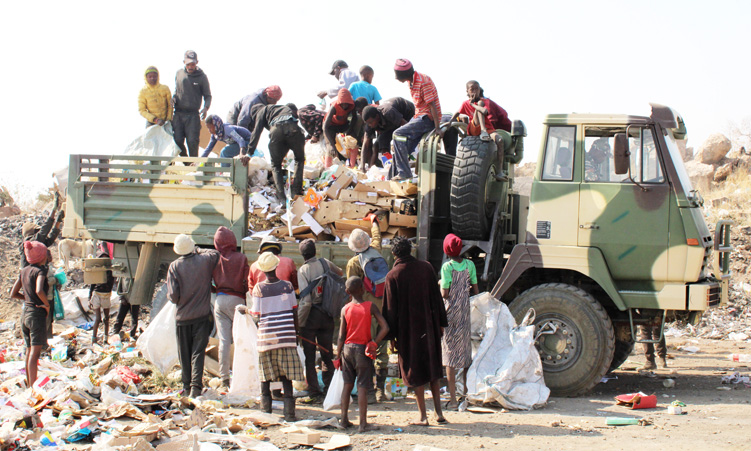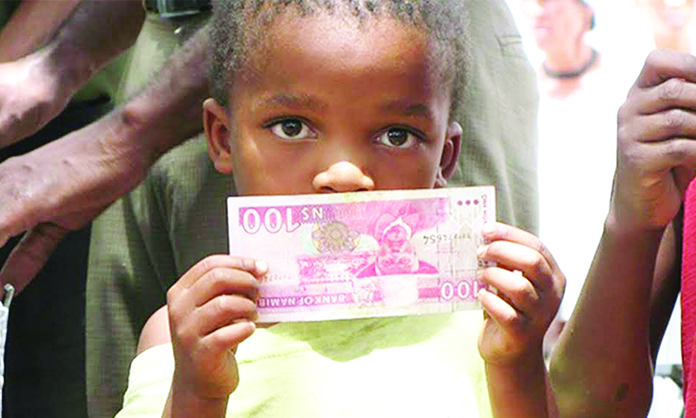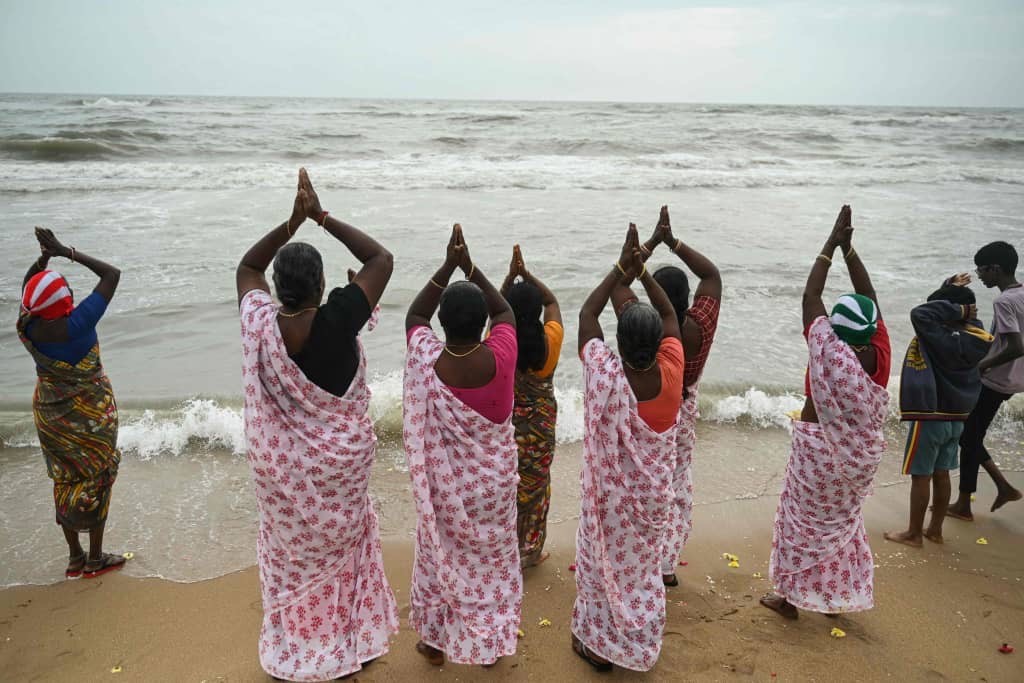President Nangolo Mbumba has asked gender equality, poverty eradication and social welfare minister Doreen Sioka to deal with the basic income grant (BIG) issue.
This comes after the BIG coalition wrote to Mbumba, requesting him to unconditionally accept the BIG petition once the group holds a peaceful march on 15 June.
Mbumba, in a letter written to the BIG coalition, says Sioka must receive the petition.
The BIG was suggested by former president Hifikepunye Pohamba’s self-appointed tax commission (Namtax), which suggested that a universal BIG be implemented to reduce poverty and inequality in Namibia.
Coalition leader Rinaani Musutua told The Namibian yesterday that they planned a march in the hope that the government will listen to the people’s plea and uphold its mandate as per article 95 of the Namibian Constitution by tackling poverty through the implementation of a universal BIG.
She said the BIG has been scientifically proven to be one of the most efficient ways through which to tackle poverty.
The coalition wants the government to implement a universal BIG of N$500 per person per month for all Namibians up to age 59.
“This will reduce suffering and ensure that we all benefit from the abundant resources of our country,” Musutua said.
She said the implementation will make independence worthwhile which, according to her, the majority of Namibians have not been enjoying due to the financial constraints they have been faced with since then.
“When Pohamba did not take on the recommendation by Namtax, civil society organisations took it upon themselves to lobby for a BIG,” said Musutua.

According to her, there is nothing being done to tackle the issues of poverty, high unemployment and inequality.
“Children die of hunger. People are frequenting rubbish dumps and bins to find food and scrap to sell in order to buy food. Poverty and inequality have become a humanitarian crisis in Namibia,” she said.
Musuta said everything must be done to solve these problems to prevent Namibian society from being torn apart by social tensions as evident in the wave of crime engulfing the nation.
“If the government does not listen to the plea of the people by tackling poverty and inequality with a BIG, this government is not for the people they seek votes from,” she said.
Sociologist Ellison Tjirera says the sustainability of the BIG will depend on the amount being requested.
“If it is the N$100 that has been suggested by the BIG Coalition, then yes, it is sustainable. The main issue is really about redirecting resources. There is a lot of waste around vehicles for political officebearers and the sinkhole called S&T allowances (travel allowences). We need to get more from our natural resources compared to the current daylight robbery that is facilitated by the comprador bourgeoisie” he says.
Tjirera says the implementation would depend on two options; either to go for a universal grant of which the said capacity is already there for disbursement similar to old age pension grants, or, alternatively, to go for a mean-tested system, which means coming up with criteria for who qualifies for the grant.
“Namibia remains scandalously one of the most unequal countries in the world in terms of income and wealth. BIG will go a long way in gradually reducing inequality and raise disposable income for individuals. As more circulates in the economy, business activities can be spurred and jobs can be created,” he says.
Meanwhile, independent presidential candidate Ally Angula says if elected, she will pay every Namibian aged between 18 and 59 a monthly allowance of N$1 750.
Angula’s plan is estimated to cost the government more than N$2,6 billion each month, or N$32 billion annually.
Stay informed with The Namibian – your source for credible journalism. Get in-depth reporting and opinions for
only N$85 a month. Invest in journalism, invest in democracy –
Subscribe Now!







